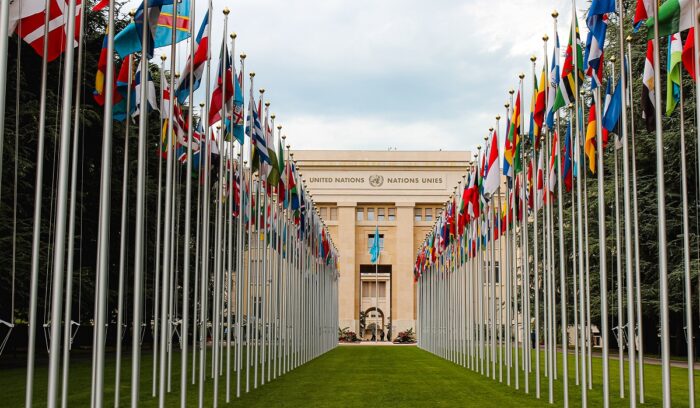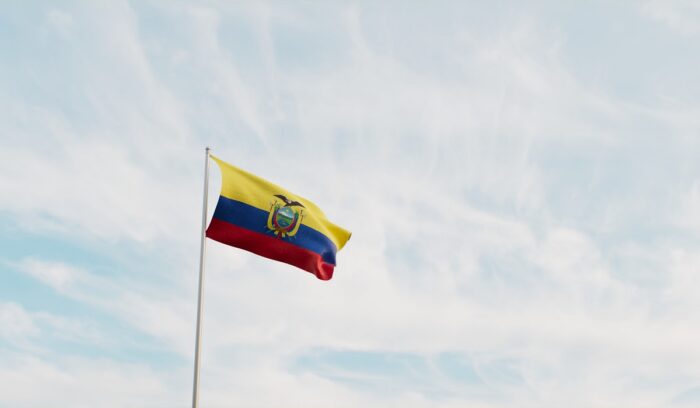All the world’s nations formally sign fossil fuel non-proliferation treaty
In 2042, every nation formally signs the Fossil Fuel Non-Proliferation Treaty, committing to a total phase-out of coal, oil, and gas. This historic accord provides the market certainty needed to redirect trillions into renewable energy, combating the climate crisis, drastically reducing air pollution, and creating tens of millions of green jobs around the world. It marks the definitive end of the fossil fuel era.









